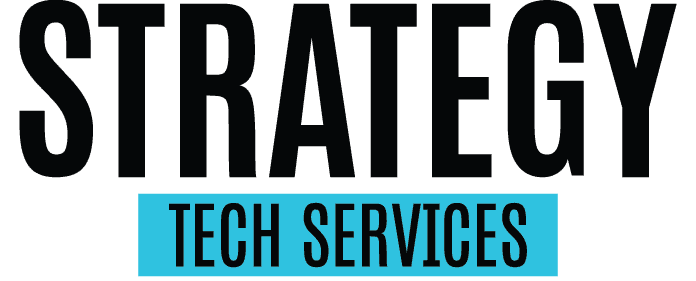
Healthcare technology is constantly evolving, changing the way your practice cares for and interacts with patients. Understanding and implementing the latest technological trends won’t just help you deliver better care to your patients; it will also help protect your practice from outside threats and keep you compliant with current regulations. Learn how your practice can use the latest healthcare technology to stand out as an efficient and caring business.
The Power of AI
According to the Bureau of Labor Statistics, the healthcare industry has seen very little growth in labor productivity over the years, despite the increase in hospital workers. This is not only harmful to a practice’s reputation but can create a serious backlog and stress for all employees involved. Luckily, AI has proven to be a useful tool in combating this issue.
AI can automate routine tasks and optimize processes like documenting and summarizing patient visits. This healthcare technology speeds up the patient care process without compromising on quality. It also frees up your time to focus on patients and more challenging tasks.
Helpful Virtual Assistants
Another healthcare technology tool aimed at helping you save valuable time is virtual assistants. Otherwise known as chatbots, these tools can communicate with patients online immediately. While these AI assistants can’t replace a human doctor, they can answer general questions about care and provide patients with information so they can make their own decisions. The chatbots can also access patients’ electronic health records (EHRs), providing requested information from the clinician or patient themselves.
Virtual assistants can also schedule appointments via your practice’s website and immediately notify you of a new appointment in your calendar. Not only do these chatbots help your patients navigate your site and easily get answers to routine questions, but they also save you time and resources. You don’t need to hire someone or monitor your messages day and night for patient concerns, a chatbot can help patients while streamlining the important queries to you.
Personalized Healthcare
As a healthcare practitioner you want to care for your patients the best you can. This means getting to know your patients and understanding their needs and concerns. But it also means implementing personalized healthcare technology which uses AI to review patient data, analyze patterns, and alert you to any potential issues. These tools can help you get ahead of diseases and even create precision medicine to specifically treat that patient with that illness. Constant analyzing of patient data not only keeps your patients safe, but it also boosts your practice’s reputation as a reliable and prepared organization.
IoT and Wearable Devices
With the pandemic came a surge in remote healthcare technologies, allowing clinicians to continue to care for their patients from afar. This has become even more useful thanks to the Internet of Things (IoT). This network of devices helps practices securely monitor and communicate with their patients and other team members, no matter where they are.
This isn’t the only way IoT is improving how practices care for their patients though. Wearable devices like smartwatches can track the wearer’s heartbeat and other vitals a patient can report back to their doctor if there is a growing concern. These devices can also remind users of health routines prescribed by their doctor for chronic conditions. Using this healthcare technology in this way can help provide more accurate data to clinicians and keep patients informed on their health, bettering their care.
Predictive Analytics and Preventative Care
Advancements in healthcare technology have led to the increase in data gathering and predictive analytics. AI and wearable tech collect valuable patient information and notify clinicians of a possible health issue. From there, practices can start prescribing preventative care to their patients, ensuring that they are staying ahead of anything harmful and keeping patients in good shape.
Predictive analytics can also analyze administrative data and identify your practice’s busiest times so you can strategically schedule staff and deploy resources ahead of time. This way, you are prepared for anything, whether that be a shift in a patient’s health or a sudden rise in appointments. Instead trying to reactively help your patients or handle a busy day with low staff, you can rest easy knowing this healthcare technology has got you covered.
Strategy Tech Services Can Help Guide You Through New Healthcare Technology
The latest healthcare technology trends can offer insight into what your patients want out of your practice, and help you provide them with the best care. These AI tools, IoT devices, and predictive analytics systems still require human monitoring though to ensure they are working correctly, and your patients are getting exactly what they need. Strategy Tech Services can help with our team of IT experts providing remote monitoring and support to address any issues that arise. Book a conversation today to learn how we can help further optimize your healthcare technology and practice’s productivity.


